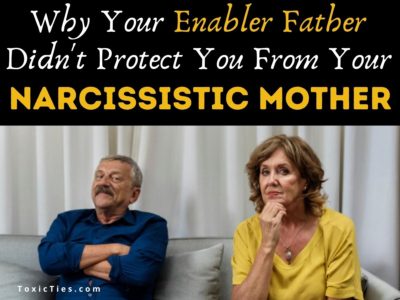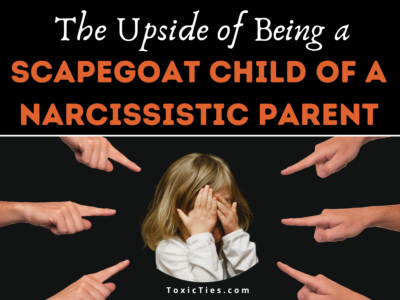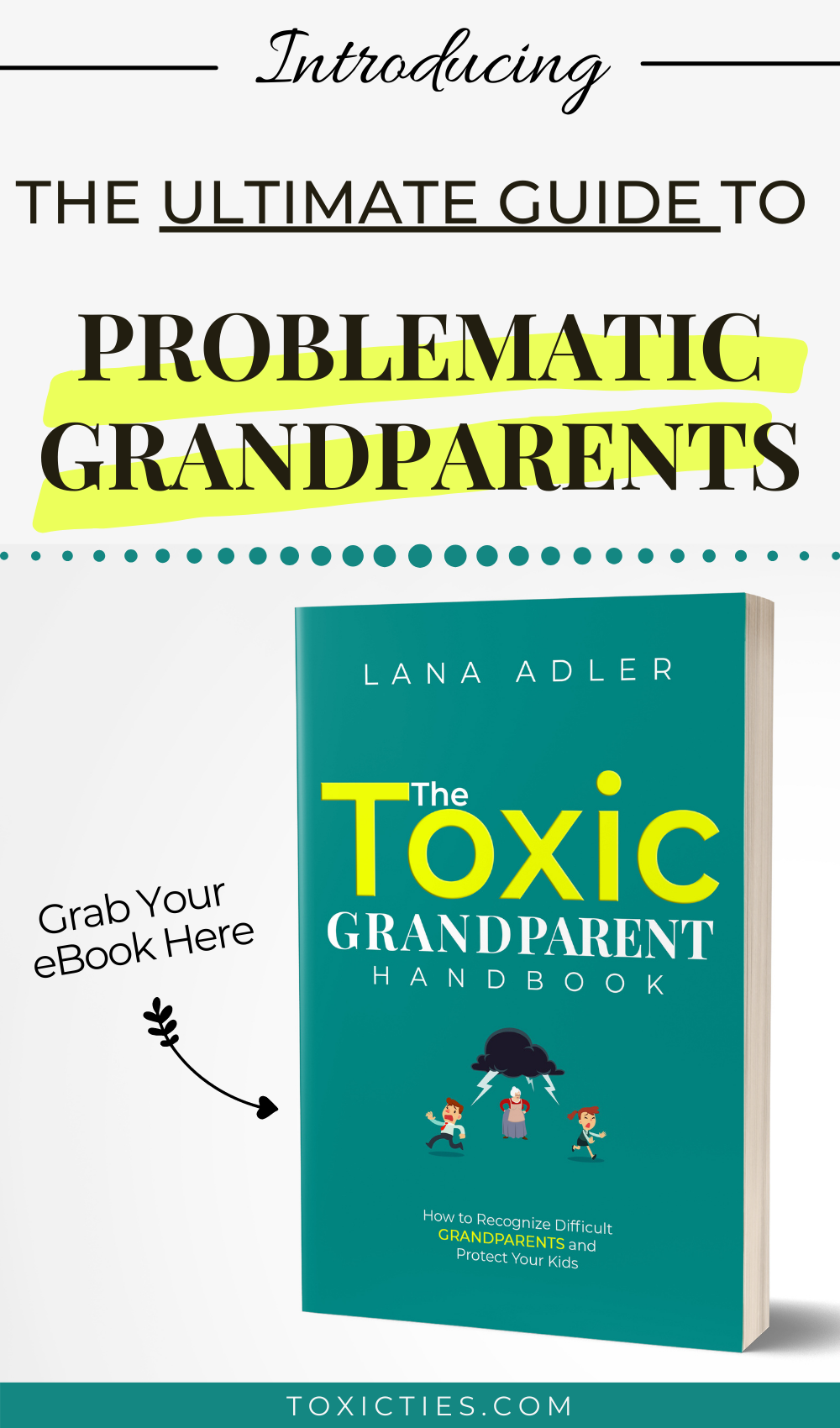Going no contact with a parent can be an emotionally draining journey, especially when faced with social stigma and judgments.
Family is everything, you only have one mother/father…We’ve all heard these statements our whole lives. Yet there comes a time when cutting off a parent may be your only option.
Emotionally, you may be dealing with guilt and shame, feeling like you’re being “ungrateful” or a “bad child.” At the same time, you may be navigating through criticism and constantly explaining why you chose family estrangement.
The social stigma can be unbearable when you’re still reeling from the fallout. It’s akin to walking a tightrope between asserting your boundaries and dealing with external pressures to maintain familial relationships.
This blog post will discuss how to handle social stigma and judgment when going no contact with a parent. It will offer strategies to navigate difficult situations and embrace your journey without guilt or shame.
Why Do People Go No Contact with a Parent?
As someone who has been there, I know how gut-wrenching and painful it can be to cut ties with a parent. It’s not a choice anyone makes lightly. In fact, for many of us, it’s an absolute last resort after years of trying to make the relationship work.
The truth is, sometimes parents can be incredibly toxic, manipulative, and abusive – whether it’s emotional, psychological, or even physical or sexual abuse. And when you’re on the receiving end of that as a child, it can do immense damage to your self-worth, your mental health, and your ability to have healthy relationships as an adult.
I remember the shame and guilt I felt, wondering if I was overreacting, misunderstanding, or being “too sensitive.” But the reality is, you know when enough is enough.
When a parent consistently puts their own needs above yours, refuses to take accountability, and makes you feel small, inadequate, and unworthy – that’s a sign that going no contact may be the healthiest choice.

Setting Boundaries: Why It’s Essential for Your Mental Health
What is “setting boundaries” in simplest terms? It’s refusing to be your parent’s punching bag.
If your parent is consistently behaving in harmful, manipulative, or neglectful ways, you have every right to protect yourself by setting firm boundaries.
This might mean limiting contact, refusing to engage in certain conversations, or even going no contact if that’s what you need. It’s not selfish – it’s an act of self-preservation. Your parent’s feelings and needs do not come before your own.
Besides, you can’t have a healthy relationship with someone who refuses to respect your needs.
You deserve to feel safe, respected, and valued. You deserve to heal from the wounds of the past. And sometimes, that means setting firm boundaries, even if it means losing that relationship.
Understanding the Emotional Impact of Going No Contact
The reality is that going no contact with a parent can be an incredibly complex and painful process, marked by a rollercoaster of emotions.
You may feel tremendous guilt, or worry that you’re a “bad” child.
You may have intense feelings of grief. This grief may be about the parent you wish you had, and also the grief over the loss of contact with a parent you do have. It can feel like you’re losing a part of yourself, even if that part has always caused you pain.
And then there is a sense of relief — relief that you don’t have to endure abuse anymore.
It’s also common to second-guess your choice, long for the parent-child bond that was never fully realized or even fantasize about the reconciliation.
All these conflicting and intense feelings may surface in waves, and make you feel bewildered.
But remember: internal conflict is a natural part of the process, so be gentle with yourself during this transition.
Coping Strategies When Going No Contact
When you’re estranged from a parent, it can seem like no one understands what you’re going through. But I want you to know that you’re not alone. Thousands of people had to make this difficult choice, and there are healthy ways to cope.
Here are 7 strategies that can help you through the process of going no contact with a parent:
1. Build a support system. Surround yourself with people who understand what you’re going through and can offer compassion. Lean on trusted friends and family during this time.
2. Practice self-care rituals religiously. Do things that soothe and nurture you, whether that’s journaling, running, meditation, art, or simply taking a relaxing bath.
3. Set boundaries and stick to them. You have to be clear about your needs and limits. Don’t feel obligated to respond to calls, texts, or attempts at contact. If no contact is what you’ve decided on, stick to it.
4. Allow yourself to grieve. The loss of a parent, even an abusive one, is profound. Give yourself permission to feel the full range of emotions.
5. Reframe the narrative. Remind yourself that you are not abandoning your parent – you are protecting yourself from further harm. You’re making the healthiest choice, even if it’s an incredibly painful one at the moment.
6. Don’t indulge in guilt. Yes, your parent is family, and the guilt can feel soul-crushing. But I want you to remember that the estrangement is the result of your parent’s actions, not yours. It’s their choices that led to this outcome. And don’t let anyone make you doubt that.
7. Seek professional support. A therapist can provide invaluable guidance as you navigate this complex situation. It can be expensive, but it is a worthy investment in yourself. Ask around for recommendations, look for providers who accept your insurance, or find a support group in your area.
8. Be patient and compassionate with yourself. Healing from parental trauma is a lifelong journey. Honor your progress, and don’t judge yourself for the bad days – because you will have some.
I hope these strategies provide a helpful roadmap as you courageously forge a new path forward.

Navigating Social Stigma and Judgment When Going No Contact with a Parent
It’s heartbreaking, but all too common, for adult children to feel the need to distance themselves from parents who have been emotionally or otherwise abusive. But as challenging as it is on a personal level, the social stigma of no contact with a parent makes it 100 times harder.
Society often clings to the myth of the “perfect family” and looks down on those who don’t maintain relationships with their parents, no matter how dysfunctional those relationships may be.
So if you’re estranged from a difficult parent, you may have faced judgment, pity, or even outright criticism from friends or family members.
People may assume you’re being dramatic, unforgiving, ungrateful, or just “can’t get along” with your parent. They may say things like:
- You only have one mother/father
- You’ll regret it when they’re gone
- They’re doing the best they can
- You owe them your life
- Just ignore it (referring to the abusive behaviors)
What they don’t understand is the complex web of trauma, manipulation, and broken trust that can make parental estrangement necessary.
I want you to know that your feelings are valid, and you have every right to protect your emotional well-being, even if it means limiting or ending contact with a toxic parent.
Estrangement is an act of courage, not a personal failing. And you don’t owe anyone an explanation for the boundaries you’ve set. Period.
Moving Forward: Finding Closure and Healing in Your Decision to Go No Contact
Parental estrangement is not a linear journey. You will experience all sorts of emotions and doubts along the way. It’s OK. It is completely normal.
Give yourself the grace to be imperfect as you move into this new phase of your life.
After all, healing is unique for each individual, and there is no timeline for processing complex emotions surrounding something like this. Self-compassion is paramount.
Celebrate your new independence but also acknowledge the times when you genuinely miss your parent’s presence.
Be open to talking about the estrangement but firmly shut down conversations that are meant to induce guilt or shame.
It’s not an easy road, but know that you are not alone. There is a whole community of us who have been through it and came out the other side, more whole and healthy than we ever imagined possible. You’ve got this. Your well-being is worth fighting for.








Leave a Reply